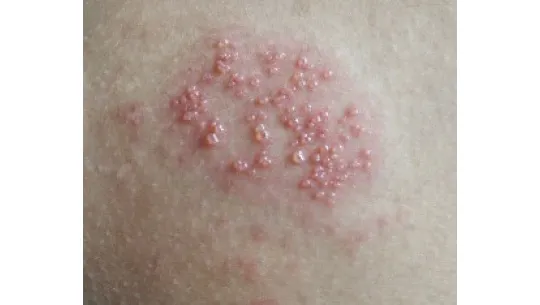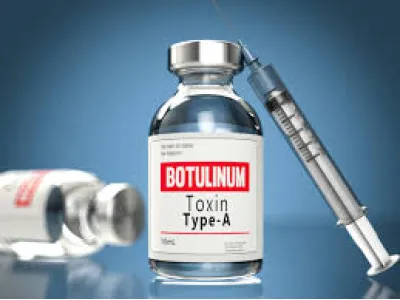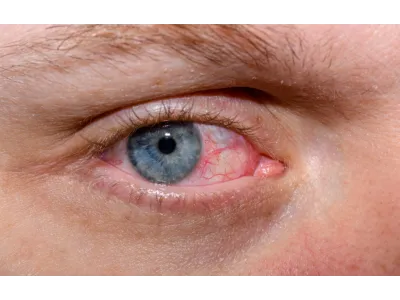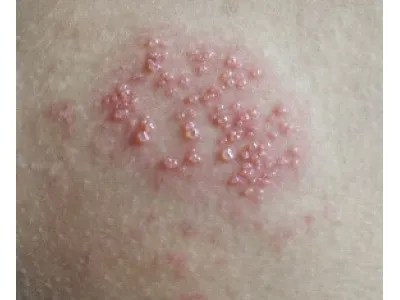Genital Herpes

Genital herpes is a viral infectious disease caused by the herpes simplex virus (HSV) type 1 or type 2. HSV type 2 typically affects the mucous membranes of the genitals, while HSV type 1 is more commonly responsible for cold sores on the lips, eyes, or nose, though it can also cause genital herpes in approximately 20% of cases.
Transmission of genital herpes can occur during vaginal, anal, or oral sex. Vertical transmission from mother to fetus (transplacental transmission) is also possible. Although transmission through personal hygiene items, shared dishes, or public facilities (such as toilets, saunas, or swimming pools) is theoretically possible, it is considered highly unlikely.
The incubation period (the time between infection and the appearance of symptoms) typically ranges from two to ten days.
In cases of primary genital herpes infection, symptoms include pain and burning at the site of viral entry, followed by tissue swelling. Within a few days, fluid-filled blisters appear. These symptoms may be accompanied by fever and general signs of systemic illness, such as headache, fatigue, and malaise. The blisters eventually rupture, leaving behind bright red ulcers, which usually heal within 2–3 weeks.
In women, the vulva, vagina, cervix, and urethra are most commonly affected. In men, the infection usually affects the urethra.
However, genital herpes does not always present with symptoms. Many individuals may carry the virus or experience an asymptomatic infection, during which they are still capable of transmitting the virus to sexual partners.
Recurrences can be triggered by other infections, cold exposure, emotional stress, or alcohol consumption. Recurrent outbreaks tend to be milder than the initial infection, with fewer and smaller lesions that heal more quickly.
Neonatal herpes can be very severe, especially if the mother acquires the infection in the third trimester of pregnancy. The virus can cause serious neurological damage or even death in the newborn. If genital herpes is diagnosed during pregnancy, antiviral treatment is recommended before delivery. If an outbreak occurs close to the time of birth, a cesarean section is usually advised to reduce the risk of neonatal transmission.
In addition to clinical symptoms, laboratory methods are used for diagnosis, including PCR (polymerase chain reaction), viral culture, and ELISA (enzyme-linked immunosorbent assay).
Treatment of genital herpes typically involves the use of antiviral medications such as acyclovir (Zovirax), administered both orally and topically. Interferon-based ointments may also be used, and antibacterial agents can be prescribed to prevent secondary bacterial infections. Vitamins E and C, as well as interferon inducers (e.g., Neovir, Reaferon), may support the immune response. During remission, immunomodulators and biostimulants are often recommended. Herpes vaccines are available for specific prophylaxis.










